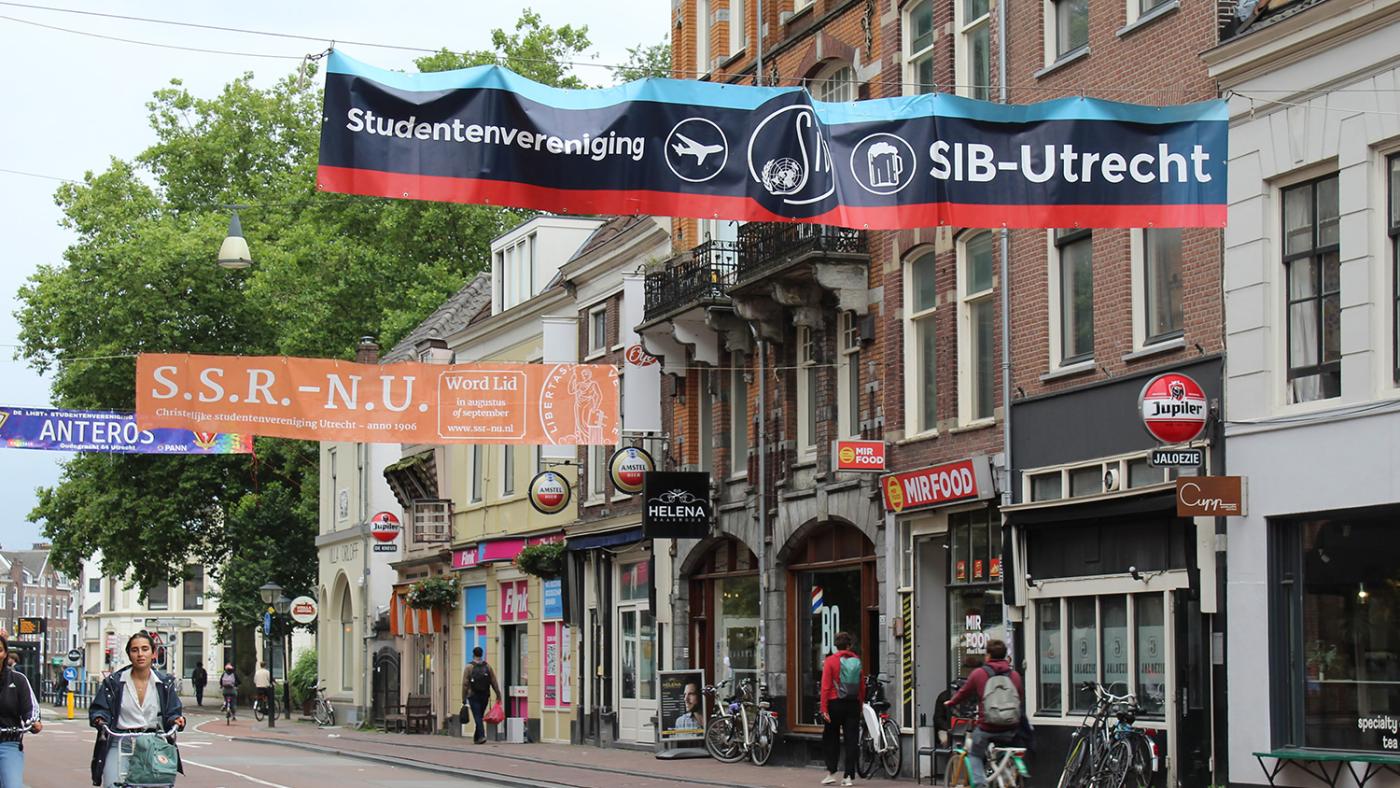A seat at the table
Recognition and Rewards: Why do students not count?

You may have heard about it or seen university staff discuss it: the renewed model of Recognition and Rewards. A much-needed shift aimed at moving beyond publication indexes, H-scores, and high-ranking journals. It aims to value other important aspects of academic work, such as teaching, leadership, teamwork and societal impact. The idea is to break with the publish or perish culture and instead embrace the full scope of what it means to be an academic.
However, there is a question that rarely gets asked: If we want to recognise and reward well-rounded academics, why don’t we recognise and reward well-rounded students?
Let’s be honest: for students, the dominant logic still revolves around grades. Despite all our talk about preparing “the professionals of the future”, students who choose to grow outside of the classroom often aren’t supported, or even acknowledged. Internships are overlooked in curricula: not mentioned, seldom encouraged, and at times even discouraged. Joining student organisations' boards is seen as a delay of fruitful study years. Going on an exchange has become a luxury. All of these are formative experiences that help students grow as professionals, yet they’re rarely recognised or rewarded.
Meanwhile, the space to become that well-rounded student is shrinking. Budget cuts are having a real impact, with consequences such as larger class sizes, less personal attention, fewer tutorials and more standardised testing. Exams are increasingly focused on ticking boxes rather than assessing insight. So, how exactly are students supposed to develop into the future that Utrecht University claims to be preparing them for?
If we truly believe that education is more than passing tests, then let’s act like it. Let’s start recognising and rewarding the students who take initiative; those who build communities, lead boards, do internships, support peers, go abroad, volunteer, or just take the time to figure out who they want to be in the world.
What recognition could look like
Currently, extracurricular activities are often viewed as a hindrance to graduation, when in fact they should be valued as integral parts of academic growth. Such recognition could take many forms. Student party PvdUS has proposed a certificate, which would give formal acknowledgement of extracurricular learning. Another option would be to include these activities on a diploma supplement or grant ECTS credits for them. Universities could also consider awards or scholarships tied to community work, leadership or internships.
The exact form can be debated, but the principle is clear: if we treat these experiences as valuable, we also change the culture around them. They stop being seen as distractions and start being seen as contributions.
A seat at the table
If Recognition and Rewards are meant to make academic work more balanced, meaningful and inclusive, then students deserve a seat at that table too. But that requires more than policy; it requires a shift in mindset. The years students spend on boards, internships, exchanges or activism are not interruptions in their studies, but essential parts of them. They are not detours; they are the road itself.
Krachtig artikel! Ik ben nu nog student, heb een bestuursjaar gedaan en doe daarnaast activisme en maatschappelijk werk in mijn vrije tijd. Het zou erg fijn zijn als de universiteit mij meer volledig als persoon zou erkennen en waarderen en niet alleen de nadruk zou leggen op cijfers.